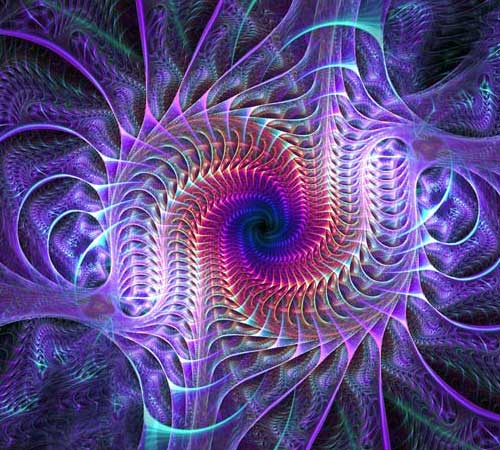

Hallucinations are psychic representations of a trace, the content of which has been forgotten or repressed, which are recomposed on the basis of an intimate experience-desire. What this absence refers to, in each case, is the painful experience of a historical loss: the loss of power of a class that had been declared a driving force of history, for Communists the loss of power of a community for reasons of internal treason and external conspiracy, for the Islamic State and the loss of national sovereignty because of coalitions of actors united against the independent state, in the case of the PiS party of Poland. Hallucination is not political per se, but it becomes a category of political science as soon as one seeks to understand how political realities-or collective experiences-can be formed through images and psychic representations, the content of which is experienced as something (missing) whose trace is imposed on social groups through great violence. What makes the question of “hallucination” a political issue?

He considers three case studies, through which he opens a dialogue between the social sciences and psychoanalysis.

In his book, Bafoil questions the notion of hallucination, generally examined through the lenses of psychoanalysis, with regard to political phenomena.
#Mass hallucination series
USSR, Polish PiS Party, Islamic State, published with the Sciences Po series in International Relations and Political Economy/Pivot series at Palgrave Macmillan. Three Contemporary Configurations of Hallucination. François Bafoil is the author of The Politics of Destruction.


 0 kommentar(er)
0 kommentar(er)
